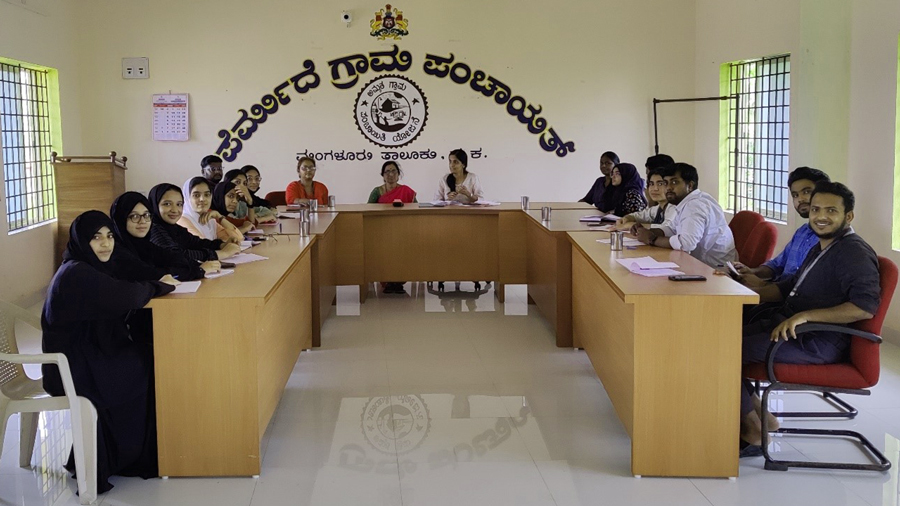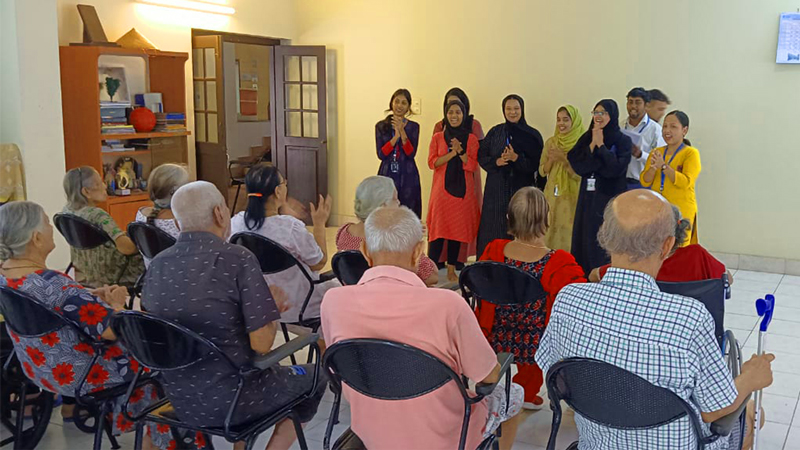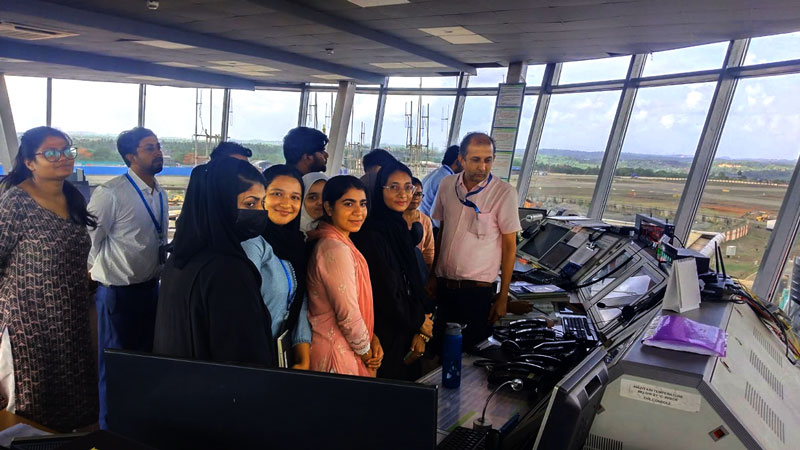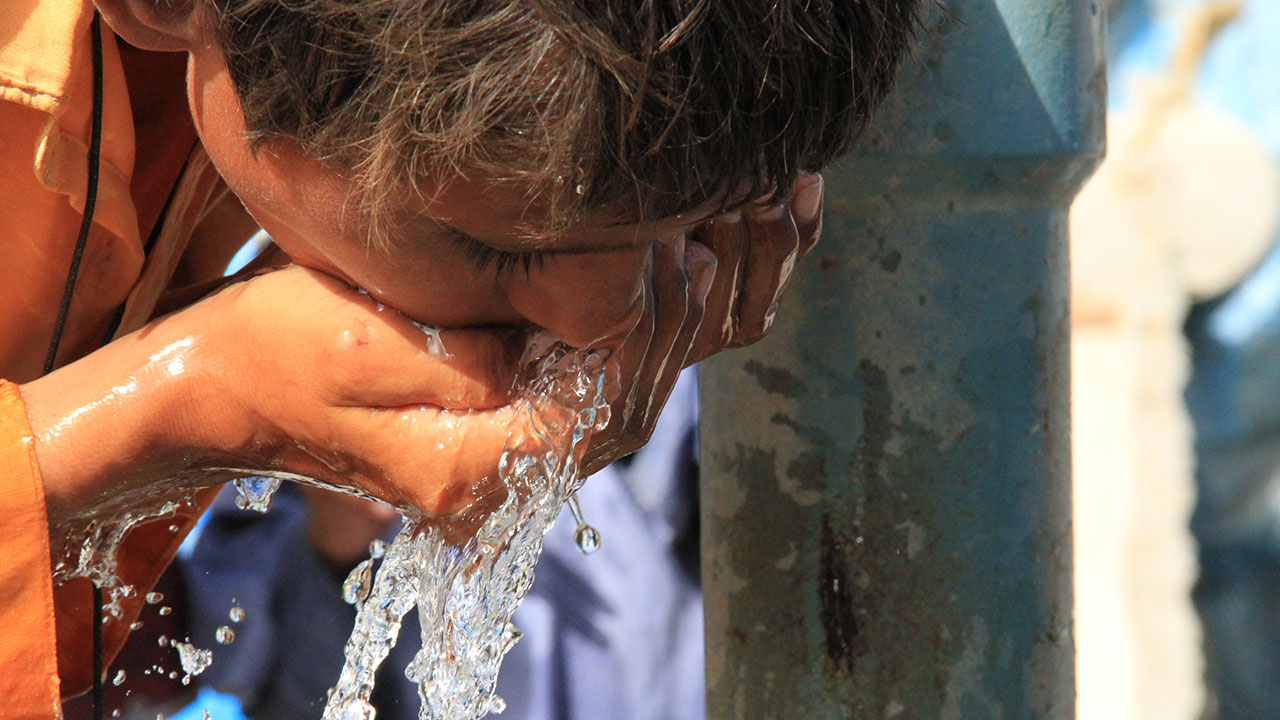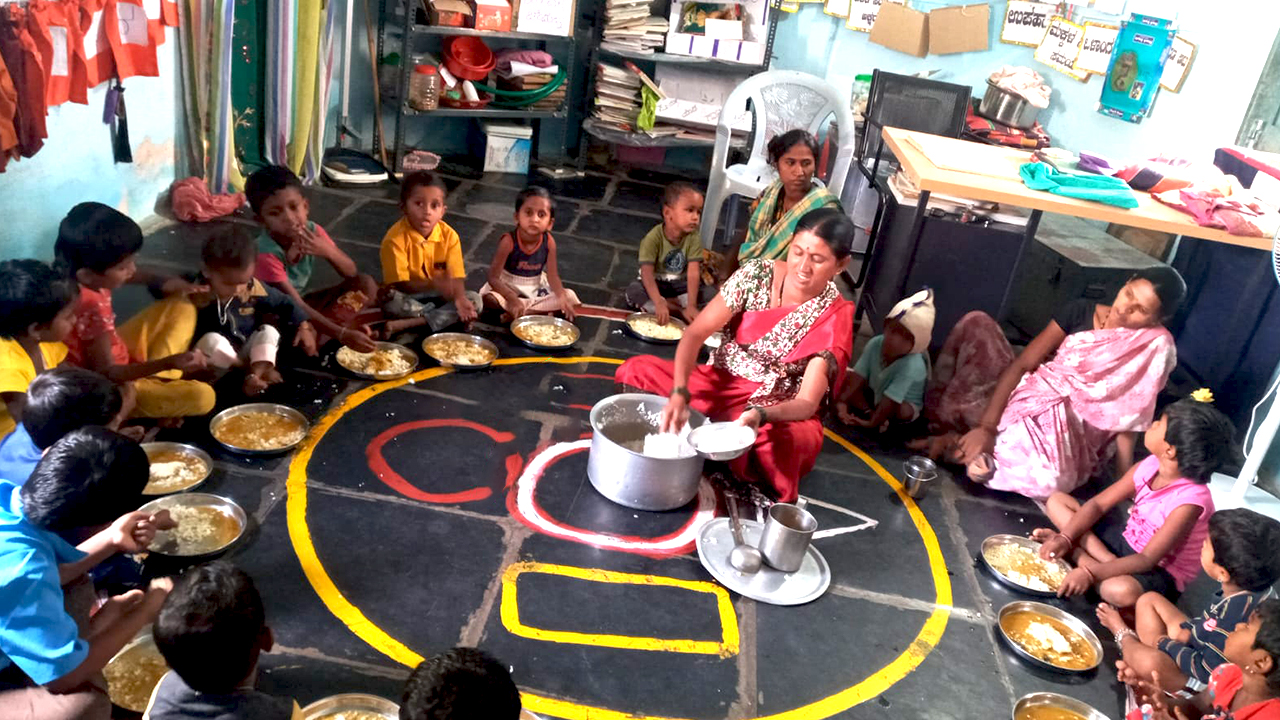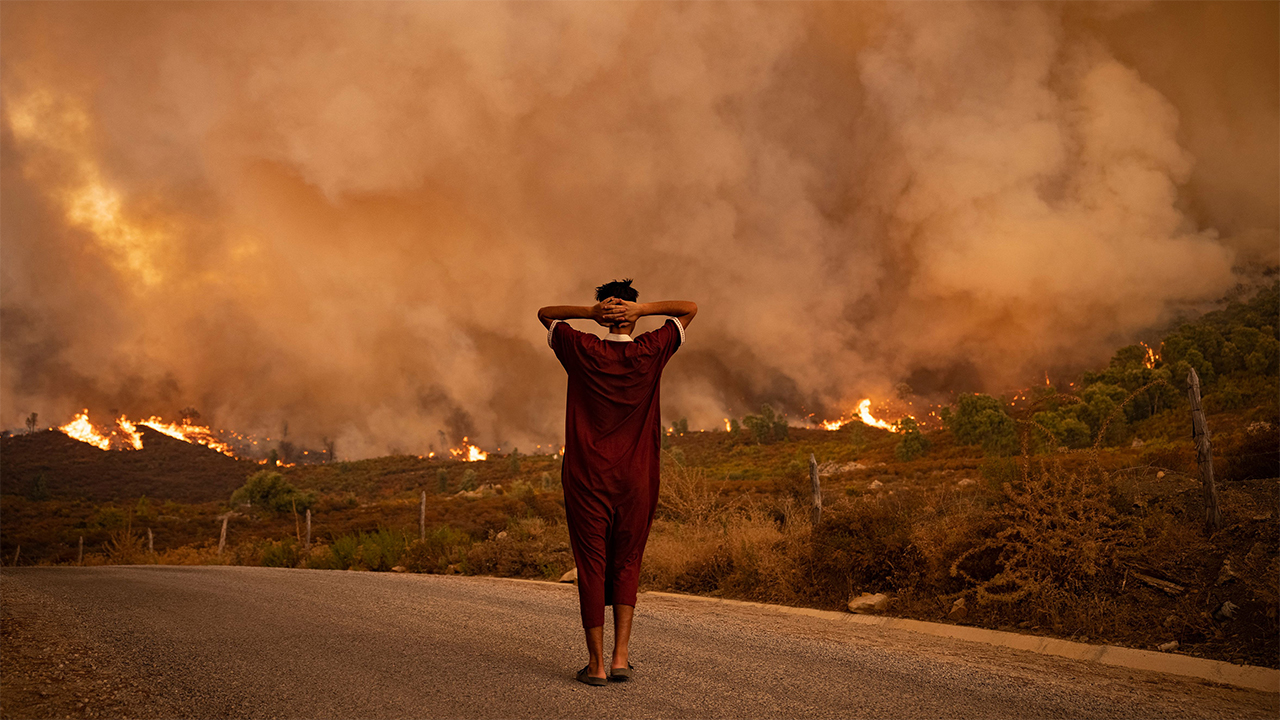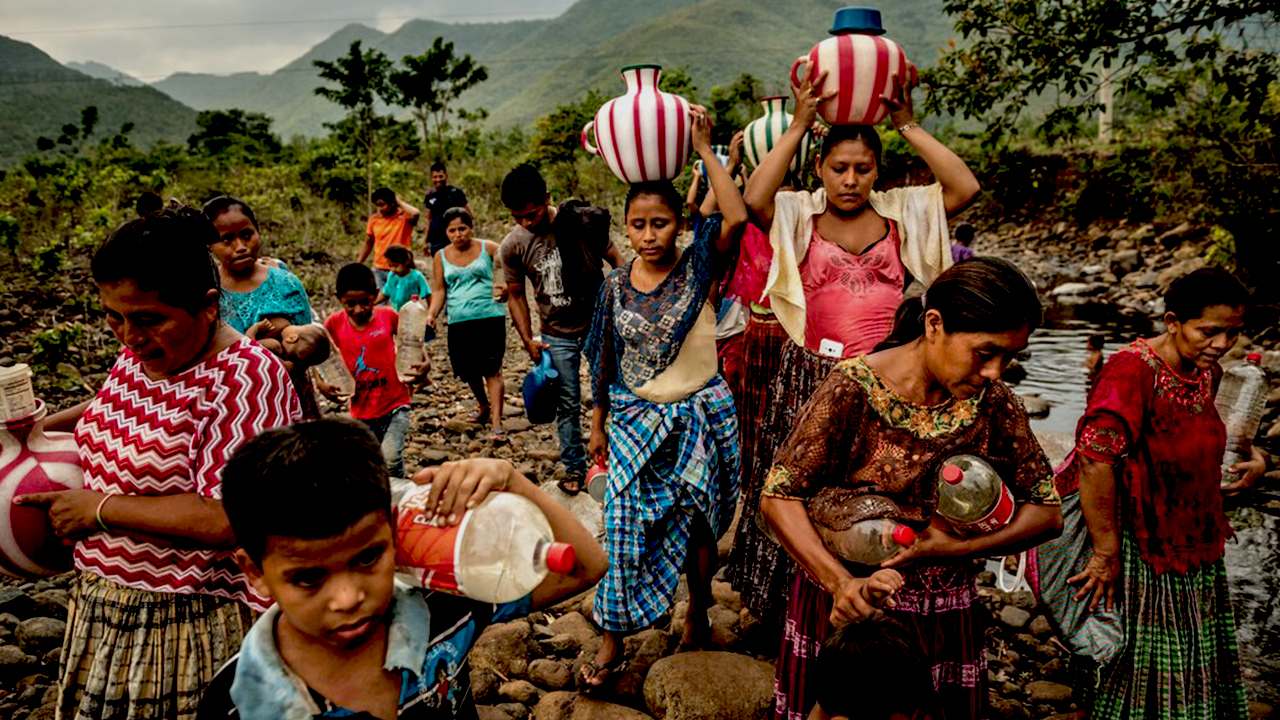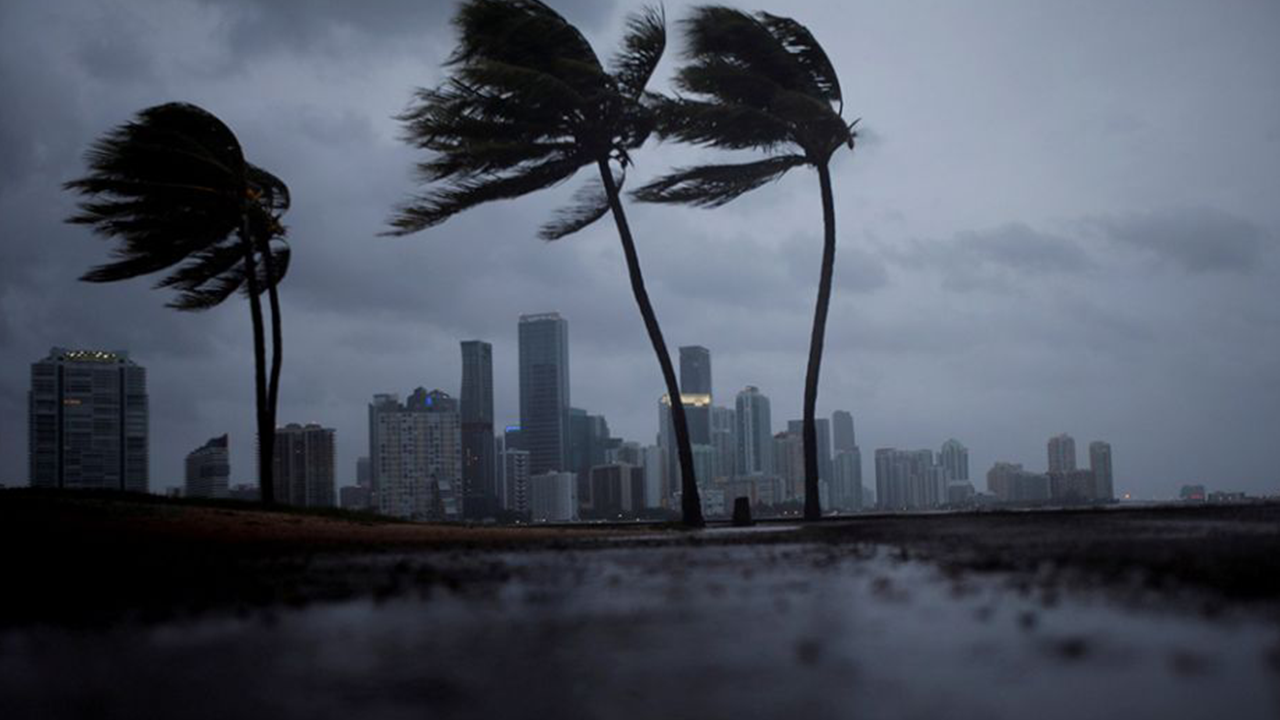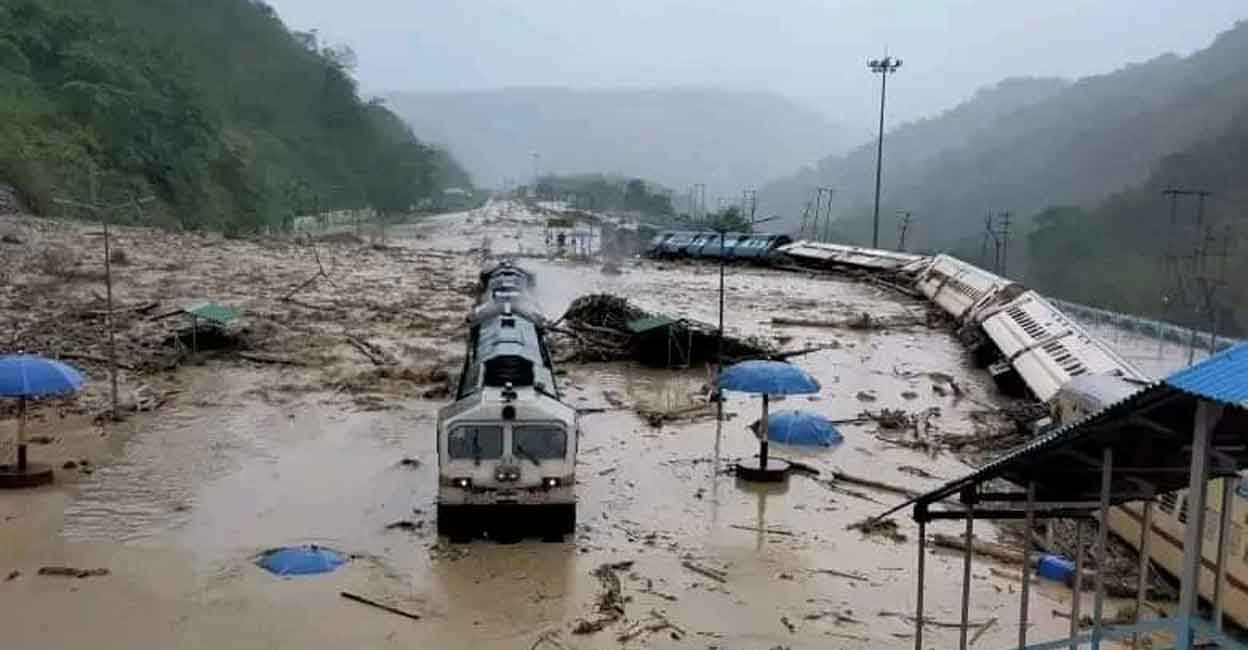The Masters of Public Health students from Edward & Cynthia Institute of Public Health visited the Permude panchayat in a bid to understand the working system and community health initiatives by the panchayat. The visit aimed to provide detailed working knowledge of a local self-government institution and the multiple developmental schemes prevailing for the well-being…
Read MoreThe MPH students of the Edward and Cynthia Institute of Public Health, visited an old age home on June 13, 2023, as a part of their curriculum, with an aim to study the morbidity profile, and geriatric services provided to the elderly residents. A total of 11 individuals were part of the visit, which included…
Read MoreTo study the working setup of an Air Traffic control, the Masters of Public Health students of Edward & Cynthia Institute of Public Health organised an industrial visit to ATC Mangalore. Students, as part of their curriculum, visited the ATC on 15th June 2023 to get hands on experience of the way the ATC works.…
Read MoreIn low- and middle-income countries, public health problems are a major concern due to numerous factors. The common cause of a problem includes hygiene and sanitation, which play an important role in avoiding preventable diseases. The WASH strategy prioritises water, sanitation, and hygiene, which have a considerable role in diarrhoea control. Despite the measures and…
Read MoreMalnutrition encompasses a state characterized by insufficient ingestion of vital nutrients essential for optimal health, growth, and development within an individual’s diet. This condition can arise from inadequate intake of crucial nutrients, impaired absorption mechanisms, or excessive excretion leading to nutrient loss from the body. Two primary categories of malnutrition exist: under nutrition and over…
Read MoreCancer is the second leading cause of death all around the world. WHO states that nearly 10 million deaths have been occurred in the year 2020 due to different cancer. The burden of cancer continues to grow throughout the world and puts a huge physical, emotional and financial burden on individuals, families, communities and health…
Read MoreClimate change and disaster risk reduction are two critical areas of concern for global development, which are interlinked and must be addressed together. Climate change leads to an increase in natural disasters, and disasters, in turn, can intensify climate change impacts. Addressing disaster risk reduction (DRR) and climate change adaptation (CCA) simultaneously can reduce the…
Read MoreDisasters and emergencies became a part of communities around the world. Local communities or existing infrastructures are not designed and framed to withstand the consequences of emergencies that are happening presently around the world. The extended shortcomings to support the post-disaster phases and rehabilitation in communities breaks down the expectations and hopes of sustainable growth…
Read MoreClimate change is a deep-rooted public health threat which introduced a change in the global or regional climate pattern a few years ago. The severity of climate change is triggered by global warming resulting in extreme changes in weather patterns including unbearable heat and cold, unpredicted rains, rise in sea levels and air pollution. The…
Read MoreStakeholders & practitioners of disaster risk reduction have practiced and approached disaster from a lens of a Standard Operating Protocol with limited cross sectoral convergence. Unfortunately, whether we like it or no, planetary outcomes and nature’s approach to weather events have no protocols. Thus, we need to approach a post disaster scenario from a perspective…
Read More
